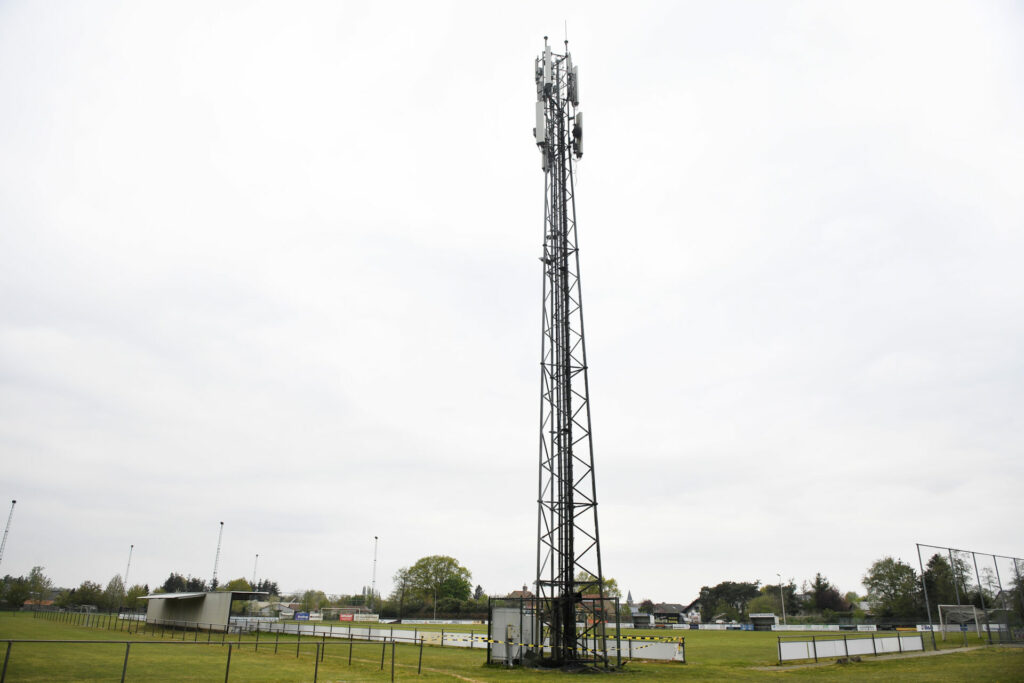The telecommunications company Orange plans to deliver 5G coverage to 40% of the Belgian population by the end of 2023, with an ambition of reaching 90% coverage by the end of 2025. The operator made the announcement whilst its second Belgian “5G Lab” in Liège. It opened the first in the port of Antwerp in 2021.
The government selected Orange Belgium to conduct 11 5G pilot projects around the country in 2023 and 2024. The fifth generation of network coverage was auctioned in the summer for more than €1.4 billion; it is currently only running in Flanders, where the emission standards for radiation have already been adapted.
It is predominantly large cities such as Antwerp and Ghent that will benefit from the technology, as well as some municipalities along the coast. Wallonia has so far not been included in the coverage since it lacks a regional decree to revise radiation standards. Orange hopes this will change following a vote in Parliament at the end 0f March.
What's the point in 5G?
The company expects the technology to benefit sectors including healthcare, transport, audiovisual production, military defence and public security and smart cities.
In most cases, the infrastructure has already been installed by Mwingz – a joint venture between Orange and Proximus that has put up antennas but although they have not yet been activated.
Related News
- Brussels government approves increase in 5G radiation standards
- Brussels Region moves toward raising the emission standard for 5G
“Belgium is behind in the deployment of 5G in the seven European countries where Orange is present," said Karine Dussert-Sarthe, vice-president of the French telecoms group. In France, Orange’s 5G coverage is already 54%.
The delay is down to the spectrum auctions (managed by the Federal Government) and the emission standards that must be reviewed and differ in each region. The 5G labs aim to demonstrate the possibilities of 5G and its applications for industries.
Nonetheless, the technology requires an enormous infrastructure to function, with the total cost expected to be enormous when accounting for the raw materials needed to make it viable. Critics question whether we really need such a level of hyperconnectivity and stress that the environmental and financial costs far outweigh the benefits of the technology.

